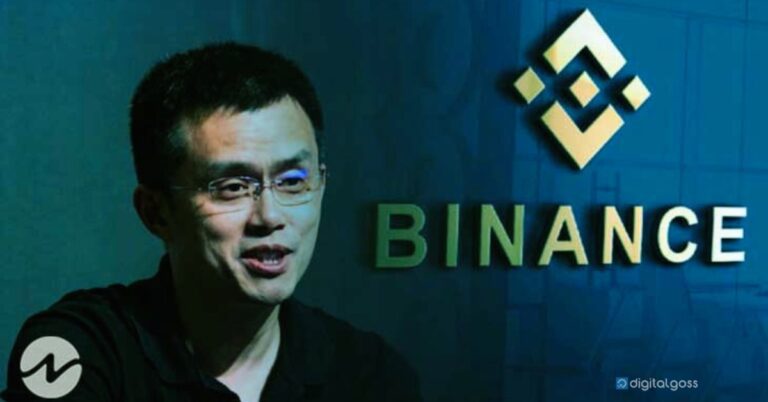In a significant legal development, U.S. District Judge Amy Berman Jackson ruled on Friday that the majority of the U.S. Securities and Exchange Commission’s (SEC) lawsuit against Binance, the world’s largest cryptocurrency exchange, can proceed. This decision marks a considerable setback for Binance, which had sought to have the SEC’s case dismissed.
Key Allegations and Charges
The SEC’s lawsuit, filed in June 2023, accuses Binance and its founder and former CEO, Changpeng Zhao, of violating multiple securities laws. The allegations include:
- Artificially inflating trading volumes
- Diverting customer funds
- Failing to restrict U.S. customers from accessing its platform
- Misleading investors about its market surveillance controls
- Unlawfully facilitating the trading of several crypto tokens that the SEC classifies as unregistered securities
Judge Jackson’s ruling allows these central charges to move forward, emphasizing the regulator’s plausible claims under most of the filed charges. This development underscores the seriousness of the allegations and the potential implications for Binance and its operations.
Partial Victory for the Crypto Sector
Despite the unfavorable ruling for Binance on the majority of the charges, the decision to dismiss the SEC’s claims regarding secondary sales of Binance’s tokens provided a glimmer of hope for the broader cryptocurrency sector. The judge sided with a previous ruling, asserting that the SEC had not sufficiently demonstrated that secondary sales of Binance’s tokens—those sold by sellers other than Binance on exchanges—constituted securities.
This aspect of the ruling aligns with Judge Analisa Torres’ 2023 decision in the SEC’s case against Ripple Labs, which highlighted the importance of the economic reality of token transactions in applying securities law.
Ongoing Legal Challenges
The decision comes amid a challenging period for Binance, which recently agreed to a $4.3 billion settlement with the Department of Justice (DOJ) and the Commodity Futures Trading Commission (CFTC) over illicit finance breaches. The ongoing SEC case further complicates Binance’s legal landscape, as it continues to face intense regulatory scrutiny.
Changpeng Zhao, Binance’s founder, is also dealing with personal legal issues. He is currently serving a four-month sentence related to a sanctions violation charge brought by the DOJ and the Treasury Department. This sentence is separate from the SEC’s civil case.
Industry Implications
The SEC has been aggressively pursuing enforcement actions against major cryptocurrency entities, including Coinbase, Kraken, Consensys, and MetaMask. The regulator’s actions reflect a broader effort to bring clarity and regulation to the rapidly evolving and often contentious cryptocurrency market.
Judge Jackson’s ruling also touches on the broader legal debate about the SEC’s authority in the crypto space. She rejected arguments suggesting that the SEC lacks the power to enforce regulations on crypto entities under the “major questions doctrine,” a legal principle requiring explicit congressional authorization for federal agencies to regulate significant industries. Jackson concluded that while the cryptocurrency industry is important, it does not have the broad reach that has prompted courts to apply the doctrine to other sectors.
Next Steps
The court has scheduled a hearing for July 9, which will further outline the proceedings and potentially set the stage for the trial. As the case moves forward, it will be closely watched by industry stakeholders, legal experts, and regulators worldwide.

